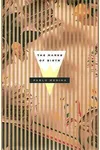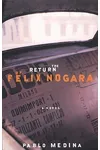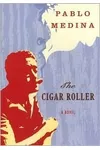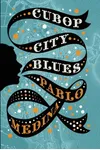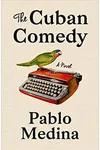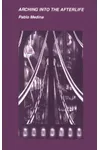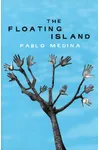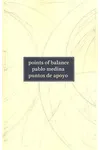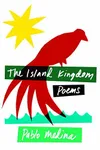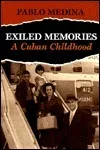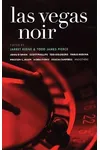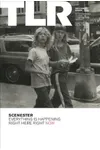Picture a Cuban-American storyteller weaving tales of exile and identity with poetic flair—meet Pablo Medina! Born in Havana in 1948, Medina’s lyrical prose and vibrant poetry capture the heart of the Cuban diaspora, blending memory, culture, and a touch of magic. His works, from novels like Cubop City Blues to his memoir Exiled Memories, resonate with readers seeking stories of belonging and heritage.
Medina’s journey from Havana to New York City at age 12 shaped his unique voice. His writing, often described as a bridge between two worlds, explores the joys and struggles of navigating dual identities. With awards from the Guggenheim and National Endowment for the Arts, Medina’s contributions to literature are as captivating as they are profound.
The Making of Pablo Medina
Born in Havana, Cuba, Pablo Medina grew up surrounded by the rhythms of Afro-Cuban music and the warmth of family until the Cuban Revolution uprooted his life. At 12, he arrived in New York City in 1960, where snow and the New York Public Library softened the culture shock. Medina’s love for words blossomed at Georgetown University, where he earned his BA and MA. His early poetry collection, Pork Rind and Cuban Songs (1975), marked him as a pioneering Cuban-American voice, written directly in English.
Teaching became a cornerstone of Medina’s career. As a professor at Emerson College and later at the Warren Wilson MFA Program, he inspired countless writers. His time as president of the Association of Writers & Writing Programs (2005–2006) further cemented his influence in literary circles.
Pablo Medina’s Unforgettable Stories
Medina’s works are a tapestry of poetry, fiction, and memoir, each infused with his signature lyrical style. His novel Cubop City Blues (2012) is a jazz-infused ode to New York, following a nearly blind storyteller navigating love and loss. Critics, including Leonard Lopate, hailed it as a “kaleidoscopic depiction of life in exile.” Similarly, The Cigar Roller (2005) paints a poignant portrait of Amadeo Terra, a paralyzed Cuban cigar roller reflecting on his life in Florida.
His memoir, Exiled Memories: A Cuban Childhood (1990), offers a tender yet unflinching look at his Havana roots and the pain of displacement. Poetry collections like The Island Kingdom (2015) and Sea of Broken Mirrors (2023) showcase his ability to weave Spanish and English, creating vivid imagery that dances between cultures. Medina’s translations, including Federico García Lorca’s Poet in New York (2008) with Mark Statman, earned praise from John Ashbery as “the definitive version.”
Medina’s style—poetic, evocative, and deeply human—explores themes of exile, memory, and the search for home. His work resonates with readers who crave stories that blend the personal with the universal, making him a standout in contemporary Latinx literature.
Why Pablo Medina Matters
Pablo Medina’s impact lies in his ability to give voice to the Cuban-American experience, a narrative often overshadowed in mainstream literature. His works bridge cultural divides, inviting readers to explore the complexities of identity through a lens of beauty and resilience. By blending poetry and prose, he’s carved a niche that feels both timeless and urgently relevant, influencing writers and readers alike.
Medina’s translations and teaching have also left a lasting mark. His work with Lorca and Cuban poet Virgilio Piñera introduced global audiences to essential voices, while his mentorship shaped the next generation of storytellers. In a world grappling with migration and belonging, Medina’s stories remain a beacon of empathy and understanding.
- Born: 1948, Havana, Cuba
- Key Works: Cubop City Blues, The Cigar Roller, Exiled Memories, The Island Kingdom
- Awards: Guggenheim Fellowship, National Endowment for the Arts, Rockefeller Foundation
Snag Cubop City Blues or Exiled Memories and dive into Pablo Medina’s lyrical world of exile, memory, and heart!
